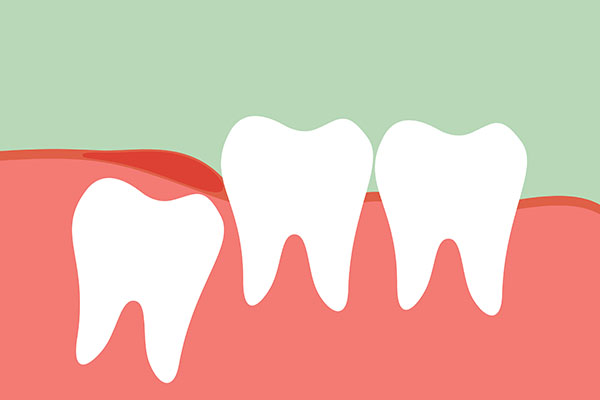 Dental implants are a popular and effective treatment option for missing teeth. However, it can be overwhelming to learn about the details of the entire process. In addition, it is normal to have questions about the procedure. This article will review the most commonly asked questions and help you determine if this procedure may be the most effective solution for you and your oral health needs.
Dental implants are a popular and effective treatment option for missing teeth. However, it can be overwhelming to learn about the details of the entire process. In addition, it is normal to have questions about the procedure. This article will review the most commonly asked questions and help you determine if this procedure may be the most effective solution for you and your oral health needs.
Common Questions About Dental Implants
1. What are dental implants?
Dental implants are small titanium posts that dental professionals surgically implant into a patient's jawbone. These posts act as artificial tooth roots. They support dental restorations such as dental crowns, bridges, and dentures.
2. Who is a good candidate?
Most people with good health and adequate jawbone density qualify for dental implants. However, patients with certain medical conditions, such as unmedicated diabetes, immune disorders, or heavy smoking, may not be eligible for the procedure. This is why a thorough consultation with an experienced dentist or oral surgeon is necessary to determine if a person is a good candidate.
3. What does the dental implant procedure entail?
The procedure involves several steps. First, the dentist or oral surgeon will place the titanium post into the jawbone. This is usually done under local anesthesia, and the patient may need sedation to help them relax during the process. After the dental professional places the posts, a healing period of several months is necessary to allow the implant to fuse with the bone in a process called osseointegration. Once the implant is secure, a dental restoration such as a crown, bridge, or denture can be attached.
4. Is the procedure painful?
The dental implant procedure is typically not painful. Patients may experience discomfort and swelling as they recover from the procedure. However, one can manage this discomfort with over-the-counter pain relievers and ice packs. The use of sedation during the procedure can also help patients feel more comfortable.
5. What are the risks of this procedure?
As with any surgical procedure, the dental implant carries some risks. These include infection, surrounding teeth or nerve damage, and, in severe cases, implant failure. However, these risks are rare and can be minimized by choosing an experienced and qualified dental professional for treatment and following care instructions following the procedure.
6. How long does the process take?
The dental implant process can take several months from start to finish. After the titanium post is placed, a healing period of several months is necessary to allow the implant to fuse with the bone. Once the implant is secure, the dental restoration can be attached. The entire process can take six months or more, depending on the patient's needs.
7. How long do dental implants last?
With the proper care and maintenance, titanium posts can last a lifetime. However, the attached crown, bridge, or denture will need replacing. Regular brushing, flossing, and dental checkups are important to ensure the longevity of the implant and the surrounding teeth.
8. How much do dental implants cost?
The cost of dental implants can vary depending on several factors, including the number of implants needed and the type of restoration used (bridges or dentures). It is also important to remember that the process requires multiple appointments to ensure a successful restorative treatment. We are committed to ensuring that our patients receive the treatment they deserve, and we can work with them to design a payment plan that works for them.
Ready to get started?
Dental implants can be an excellent solution for missing teeth, but it is important to thoroughly understand the procedure and its potential risks and benefits. Contact our office and schedule a consultation to see if dental implants are right for you.
Request an appointment or call Randal S. Elloway DDS, Inc at 530-527-6777 for an appointment in our Red Bluff office.
Related Posts
Full mouth dental implants are an option that many patients choose when they need to replace their missing teeth. Our smile is the first impression we have when meeting a new person. We all want that impression to be warm and welcoming. When our smile is somewhat imperfect, we tend to lack confidence and feel…
Advances in dentistry have made it possible to replace missing teeth with dental implants that are more similar to natural teeth than other teeth replacement options. Many people lose teeth due to gum disease, decay, and injury. Losing teeth often lead to numerous negative consequences. It can affect your smile, weaken your jawbone, and alter…
Most people want to have dental implants right after dental extraction. Replacing the lost tooth is a priority. This can prevent more complications as the mouth heals. Understanding the process of getting implants after dental extraction can help prepare you for your appointment. Here are the details about getting dental implants after a dentist removes…


